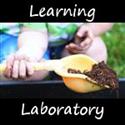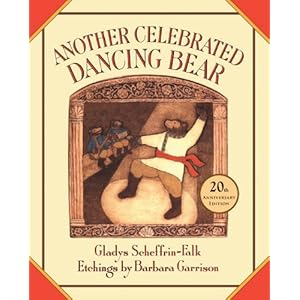I'm realizing more and more that G is just a more naturally active little girl than M was at her age. Sitting still during school time can be a bit of a trial for her; so to make it more engaging I've come up with a list of actions to go with each letter of the alphabet when we are reviewing phonics.
At first I tried super active gestures, and soon realized that was a BIG mistake. Little G would start hopping and slithering all over the room, and it was impossible to get her focused again. This list is comprised entirely of actions a little one can do while sitting.
A is for
antlers (hold arms up high over head)
B is for
baby (rock imaginary baby in arms)
C is for
cuddle (wrap arms around self or eachother and hug)
D is for
dig (hold hand as if grasping a shovel and pretend to dig dirt)
E is for
elephant (hold arm out to nose and wave like a trunk)
F is for
fan (fan self with hand as if hot)
G is for
give (pretend to hand a box to the other person)
H is for
happy (smile big)
I is for
icky (make a face as if something is gross)
J is for
jiggle (hold hands around an imaginary box and wiggle it)
K is for
kiss (blow a kiss)
L is for
laugh (hold one hand on belly and laugh heartily)
M is for
monkey (scratch ribs with hands and make monkey noises)
N is for
no! (shake index finger and say "no" sternly- she really likes this one!)
O is for
octopus (wave arms around as if they were tentacles)
P is for
pillow (lay head on hands as if going to sleep)
Q-
quiet (hold finger to lips and say "shhh")
R is for
roar (place hand around face as if they are a lion's mane and roar)
S is for
strong (flex muscles and look tough)
T is for
touch (gently touch a person or object with a single finger)
U is for
under (place one hand under the other)
V is for
violin (pretend to play the violin)
W is for
water (move hands over imaginary waves)
X says
xxxxxxx (draw a giant x in the air)
Y is for
yawn (yawn big and cover mouth)
Z is for
zig zag (using pointer finger, draw a zig zag in the air)
Little G after some happy active backyard time.
I try to use words that :
1. a toddler knows and can relate to
2. use the simplest phonic sounds (hard g and c sounds, short vowel sounds)
but I definitely think there's room for improvement. Have you found any action words that work really well for your little one?


















































